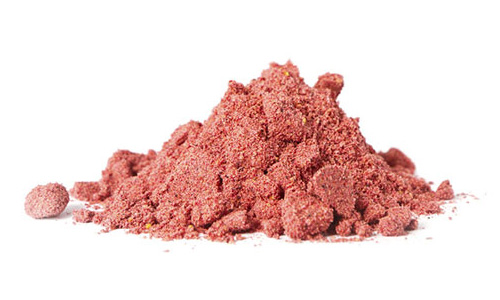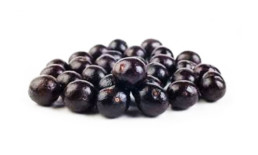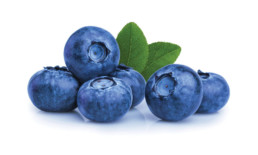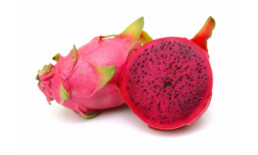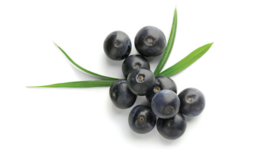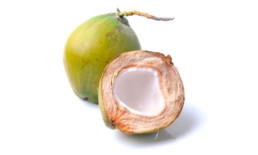Acerola
Acerola grows on a small tree and becomes red when ripe. Found in over 40 varieties, the fruit’s potential was discovered around 50 years ago, when it was realised that its content of vitamin C surpasses that of the orange. Research has shown an amount of vitamin C in acerola can be up to 40 times higher than that of the orange, widely known for its ascorbic acid content. As a result, acerola has been widely used to contribute to the strengthening of the immune system, as well as part of the treatment for the flu, coughs and colds.
Description
This fruit, which taste is described as sweet, fragrant, and astringent, is one of the greatest natural sources of vitamin C, an excellent antioxidant also stimulates the immune system. It contains carotenoids, polyphenols, vitamins and minerals. Acerola astringent property can be helpful for treating skin blemishes, promoting skin elasticity and aiding digestive issues. Vitamin C is a required nutrient and water-soluble vitamin and is not stored in the body, so you must take water-soluble vitamins on a daily basis. The berry was also found to be a very significant source of vitamin A.


